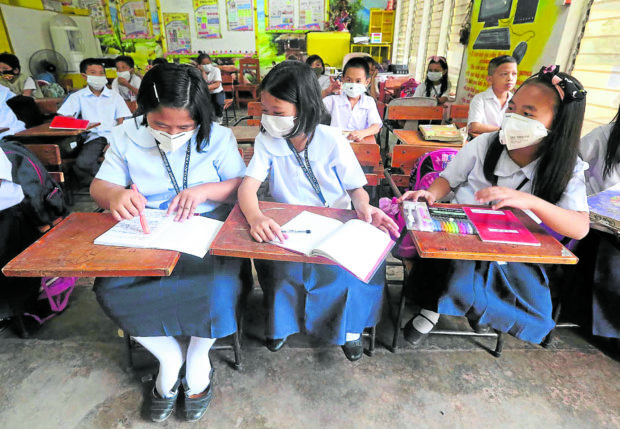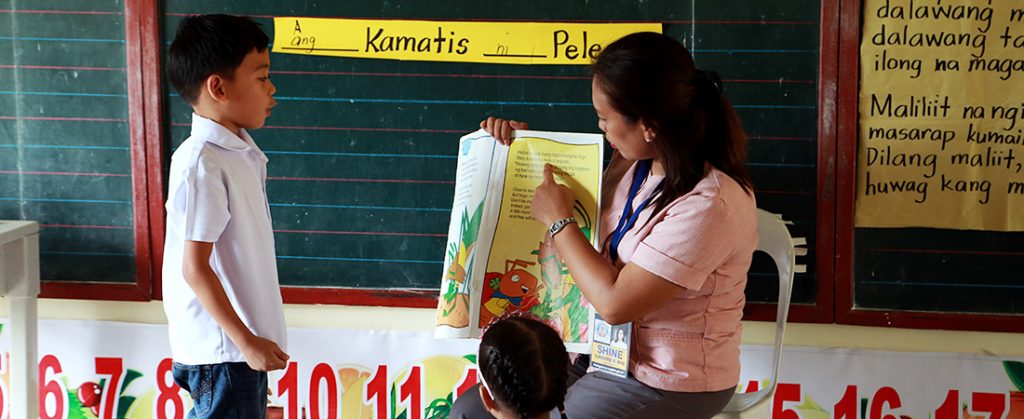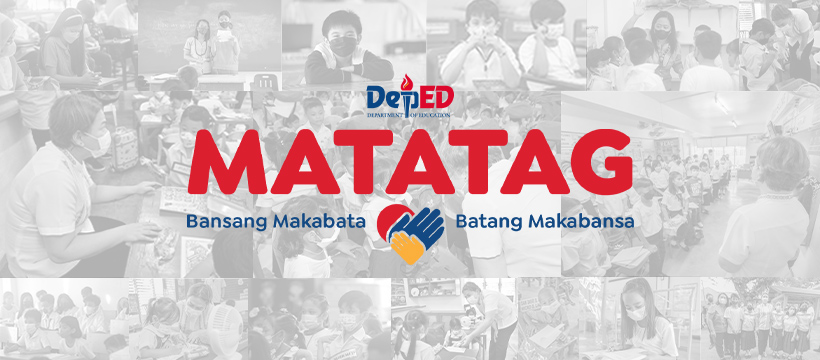Physical Address
304 North Cardinal St.
Dorchester Center, MA 02124
Physical Address
304 North Cardinal St.
Dorchester Center, MA 02124

Reading literacy in the Philippines is a critical issue with far-reaching consequences for education and societal development. Despite notable advancements in technology and educational reforms, the country faces significant challenges. These challenges impact reading literacy and require a multi-faceted approach for effective resolution.
Reading literacy in the Philippines presents a complex and mixed scenario. Improvements have been made in educational resources and infrastructure. However, many students, particularly those in rural areas, continue to struggle with basic reading skills. Research shows that a significant number of students exhibit low proficiency in reading comprehension and fluency. This deficiency affects their academic performance and overall cognitive development, highlighting a major issue within the educational system.
Several factors contribute to these challenges. One major issue is the disparity in resources between urban and rural schools. Schools in rural areas often lack essential books, teaching aids, and trained educators. This shortage of resources hampers the development of effective reading programs. Furthermore, socio-economic factors like poverty exacerbate these challenges. Limited access to educational materials and supportive learning environments creates additional barriers for students trying to improve their reading skills.

To address the challenges of reading literacy in the Philippines, innovative approaches are needed. One promising strategy is the integration of technology into education. Digital platforms and educational apps offer access to a broad range of reading materials and interactive learning tools. Mobile learning applications, especially those tailored to local languages, can help bridge the gap between urban and rural areas. These tools can provide essential resources to students who may not have access to traditional educational materials.
Community-based programs are also crucial in enhancing reading literacy. Engaging parents, teachers, and local organizations can help foster a reading culture within communities. Initiatives such as book drives, reading clubs, and literacy workshops can significantly impact reading habits and skills. By creating a supportive environment for learners, these programs contribute to better literacy outcomes. Local communities can play a vital role in promoting and supporting literacy efforts, making them more effective and sustainable.
Government and policymakers are essential in advancing reading literacy in the Philippines. Investments in educational infrastructure, teacher training, and literacy programs are critical. Policies should focus on the equitable distribution of resources and provide support for rural schools. This approach can address existing imbalances and ensure that all students have access to the resources necessary for developing strong reading skills.
Nationwide literacy campaigns are another important tool for raising awareness and driving public involvement in literacy initiatives. Media, public events, and partnerships with private organizations can help extend the reach of these campaigns. By promoting the importance of reading and encouraging community participation, these campaigns can drive collective action toward improving reading literacy. These efforts can mobilize communities and foster a culture that values and supports reading.

Improving reading literacy in the Philippines requires a collaborative effort from various stakeholders. DepED, non-governmental organizations (NGOs), the private sector, and local communities must work together to address challenges and implement effective solutions. Each stakeholder has a unique role in improving literacy outcomes. Collaboration can pool resources, share expertise, and develop strategies that are both innovative and effective.
Partnerships between educational institutions and technology companies can lead to the creation of innovative learning tools and resources. For example, tech companies can develop apps and platforms that cater specifically to the needs of Filipino students. Collaborations between local governments and community organizations can facilitate the implementation of grassroots literacy programs. These partnerships can enhance the effectiveness of individual initiatives and drive meaningful progress in reading literacy.
The future of reading literacy in the Philippines holds promise, provided that there is continued commitment and action from all sectors. Addressing current challenges and leveraging innovative solutions is essential for making significant progress. Ensuring that individuals acquire the necessary skills for academic success and societal contribution is crucial for the country’s development. As the Philippines moves forward, prioritizing reading literacy will be key to achieving long-term educational and social goals.
In conclusion, reading literacy in the Philippines is a vital issue that requires focused attention and a collaborative approach. While challenges remain, there are numerous opportunities for improvement through innovative strategies and partnerships. Embracing new methods and working together can lead to substantial advancements in reading literacy. By addressing the existing barriers and fostering a supportive environment, the country can enhance reading skills and build a more educated and capable society.